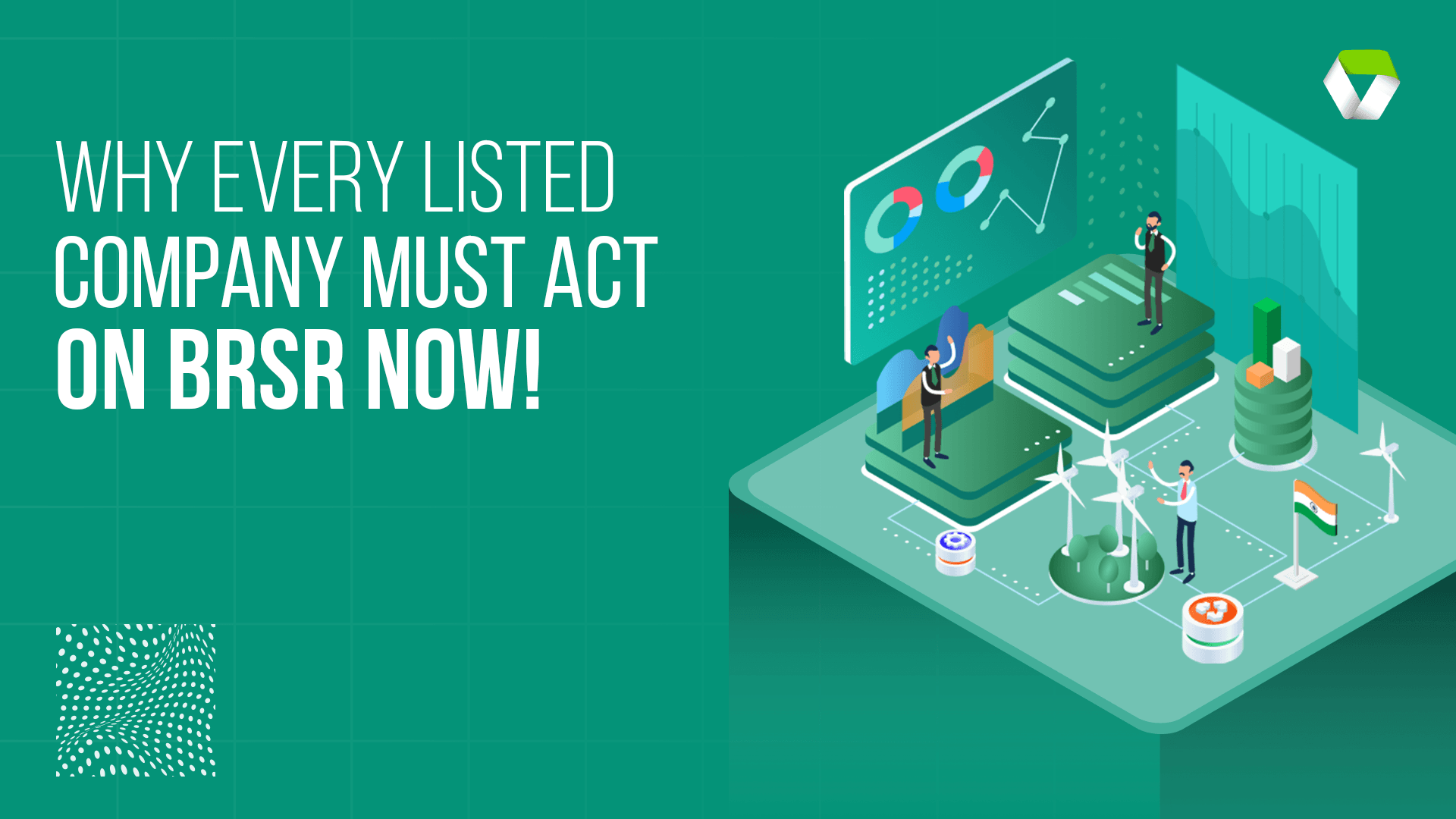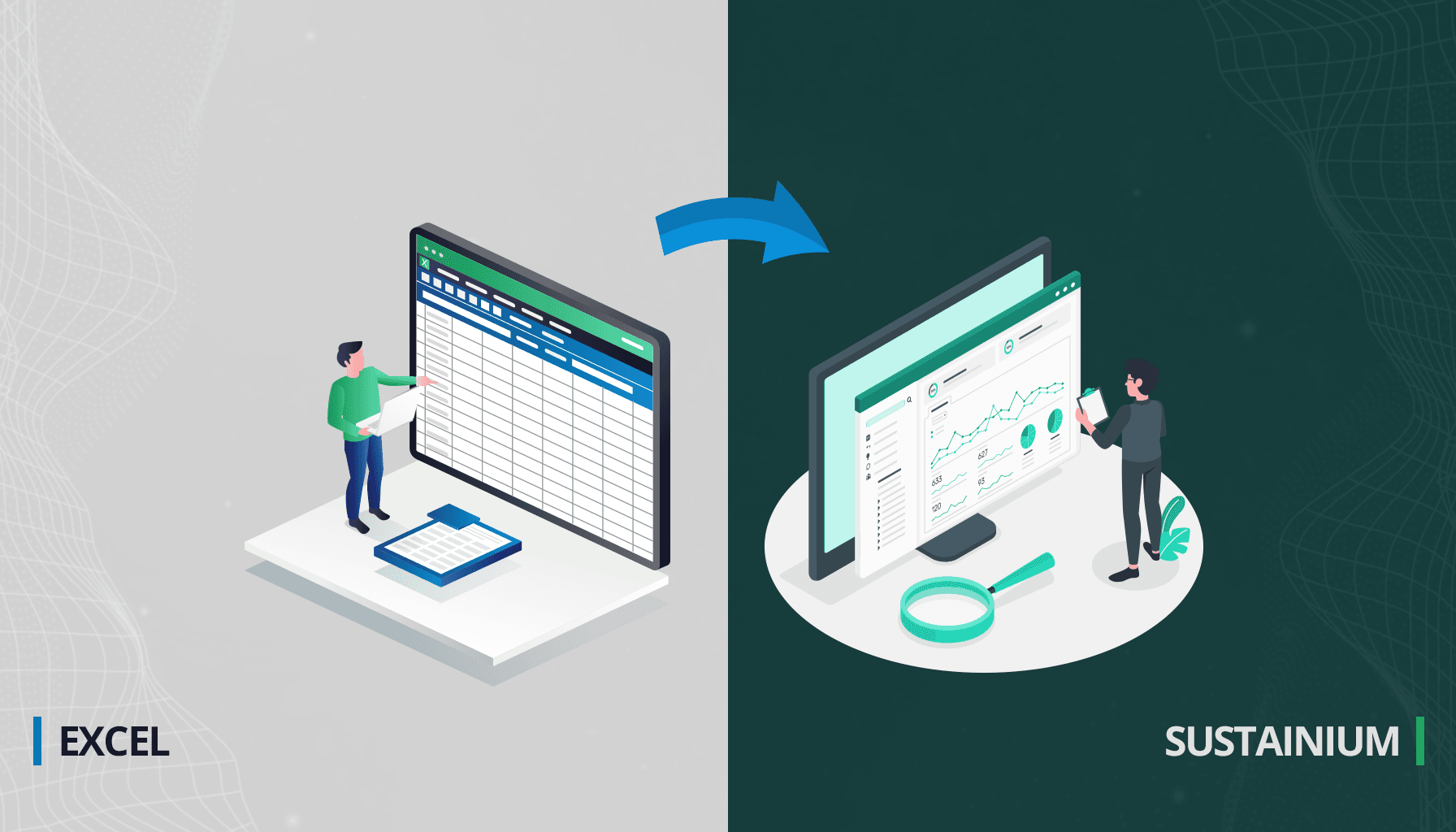Preparing for Future Regulations - A Carbon Management Guide

As the urgency to combat climate change intensifies, regulatory bodies worldwide are implementing stricter Environmental regulations. For businesses, staying ahead of these regulations is not just a matter of compliance but a strategic move toward sustainability and long-term success. Proactive carbon management is crucial in navigating this evolving landscape, and Sustainium is here to guide you through it.
Overview of Emerging Global Regulations
Importance of Proactive Carbon Management
With new regulations emerging globally, businesses must be prepared to adapt quickly. Proactive carbon management involves understanding current regulations, anticipating future changes, and implementing strategies that ensure compliance while promoting sustainability. This proactive approach not only mitigates potential risks but also positions businesses as leaders in environmental responsibility.
Current Regulatory Landscape
Key Regulations Impacting Businesses Today
- The Paris Agreement: Commitments to limit global warming to below 2 degrees Celsius are driving stricter national policies.
- EU Emissions Trading System (EU ETS): Cap-and-trade system that limits emissions from high-emitting sectors.
- California Cap-and-Trade Program: One of the most comprehensive programs in the US, impacting businesses significantly.
- Mandatory Greenhouse Gas Reporting: Various countries have mandatory GHG reporting requirements for large emitters.
Anticipated Changes and New Regulations
- Scope 3 Emissions Reporting: Increased focus on supply chain emissions will require comprehensive tracking and reporting.
- Carbon Border Adjustment Mechanism (CBAM): Expected to impact imports into the EU based on carbon intensity.
- Stricter National Policies: Countries continuously update their policies to meet international climate targets, leading to more stringent regulations.
Way to Stay Ahead of Compliance
Strategies for Early Adoption of New Regulations
- Monitor Regulatory Developments: Stay informed about emerging regulations in key markets.
- Engage with Industry Groups: Participate in industry associations to gain insights and influence policy developments.
- Integrate Carbon Management into Business Strategy: Align carbon management with overall business strategy to ensure it is a core aspect of operations.
Sustainium’s Tools for Compliance and Risk Mitigation
Sustainium offers comprehensive tools designed to simplify compliance and reduce risks associated with new regulations:
- Real-time Monitoring: Stay updated with the latest regulatory changes.
- Comprehensive Reporting: Ensure accurate and transparent reporting with our advanced analytics.
- AI-powered Insights: Leverage AI to identify potential compliance issues and opportunities for improvement.
Benefits of Compliance
- Avoid fines and reputational damages
Non-compliance can lead to significant fines and damage to a company’s reputation. By staying ahead of regulations, businesses can avoid these costly penalties and maintain a positive public image. - Enhance market competitiveness
Proactive compliance enhances a company’s competitive edge by demonstrating a commitment to sustainability. This can attract environmentally conscious customers and investors, opening up new market opportunities.
The regulatory landscape for carbon emissions is continuously evolving. Staying informed and prepared is essential for businesses to thrive in this environment. By leveraging Sustainium’s tools and adopting proactive carbon management strategies, businesses can navigate these changes successfully, avoid penalties, and enhance their market competitiveness.
Embrace the future of sustainability with confidence and make your impact on the Environment.






